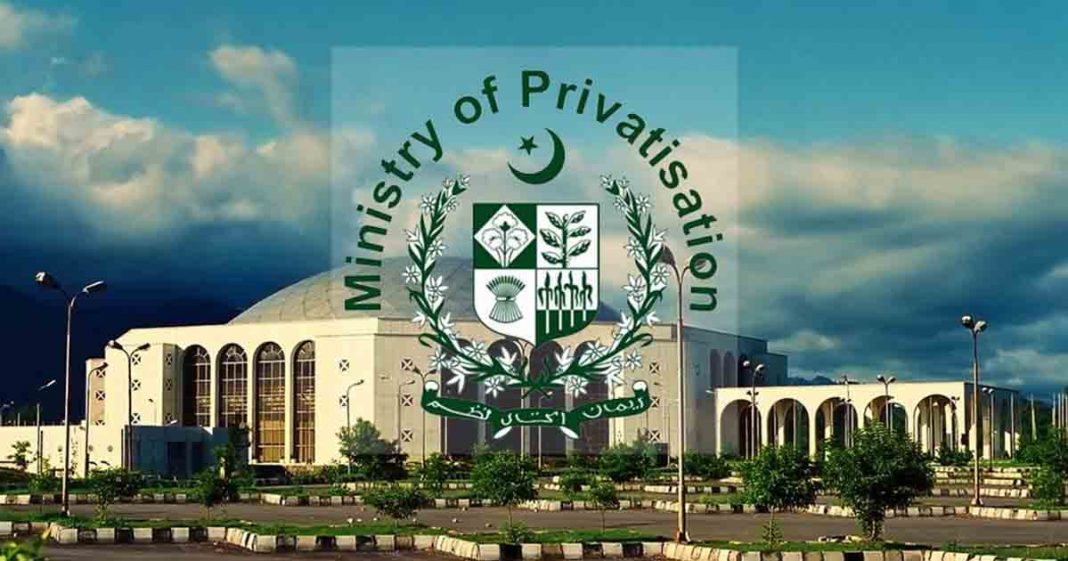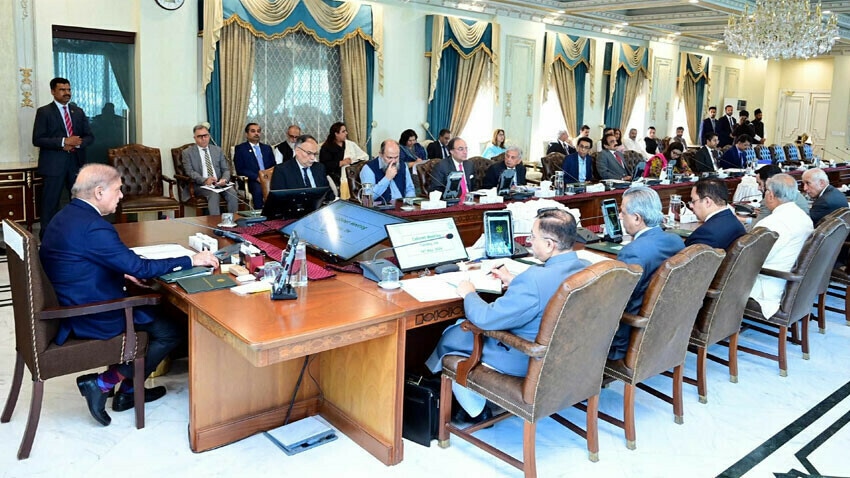PTBP Web Desk
The federal government has finalised a five-year privatisation roadmap that will see the sale of 24 state-owned enterprises (SOEs) in three distinct phases. The plan, presented to the National Assembly on Thursday by Federal Minister for Privatisation Abdul Aleem Khan, is part of the government’s strategy to improve operational efficiency, reduce fiscal losses, and attract private sector investment.
In a written reply to a parliamentary question, the minister outlined the detailed schedule for the divestment programme, explaining how the government intends to manage the privatisation process from start to finish.
Minister Abdul Aleem Khan said the first phase will be implemented during the first year of the plan, covering the sale of 10 key enterprises. These include:
- Pakistan International Airlines (PIA)
- Roosevelt Hotel
- Zarai Taraqiati Bank Limited (ZTBL)
- PIA-Investment Limited (PIA-IL) – including the Roosevelt Hotel in New York
- First Women Bank Limited (FWBL)
- House Building Finance Corporation (HBFC)
- Pakistan Engineering Company (PECO)
- Sindh Engineering Limited (SEL)
- Islamabad Electric Supply Company Limited (IESCO)
- Faisalabad Electric Supply Company Limited (FESCO)
These SOEs have been prioritised due to their financial condition, potential investor interest, and strategic importance.
The second phase of the plan will span between one to three years and target the privatisation of 13 more enterprises. These will include:
- Utility Stores Corporation
- Four Generation Companies (GENCOs)
- Gujranwala Electric Power Company Limited (GEPCO)
- Pakistan Re-Insurance Company Limited (PRCL)
- State Life Insurance Corporation (SLIC)
- Jamshoro Power Company Limited
- Central Power Generation Company Limited (CPGCL)
- Northern Power Generation Company Limited (NPGCL)
- Lakhra Power Generation Company Limited (LPGCL)
- Lahore Electric Supply Company Limited (LESCO)
- Multan Electric Power Company Limited (MEPCO)
- Hazara Electric Supply Company Limited (HAZECO)
- Hyderabad Electric Supply Company Limited (HESCO)
- Peshawar Electric Supply Company Limited (PESCO)
- Sukkur Electric Power Company Limited (SEPCO)
These companies, many of which operate in the energy sector, have been on the government’s radar for privatisation due to heavy operational losses and inefficiencies.
The third and final phase will involve the privatisation of one remaining entity, a process expected to take three to five years due to its complex structure and operational scale. The government has not disclosed the name of this entity but indicated that its privatisation will require extensive preparation.
Minister Khan emphasised that the privatisation programme is a key pillar of the government’s broader economic reform agenda, aimed at reducing the financial burden of loss-making SOEs on the national exchequer. By transferring these enterprises to the private sector, the government hopes to boost productivity, enhance service quality, and foster economic growth.
He also noted that transparency and competitive bidding will be ensured in every transaction, with the aim of building investor confidence both domestically and internationally.
In the same session, Minister for Finance and Revenue Senator Muhammad Aurangzeb provided an update on the economic situation. He reported that inflation averaged 4.5% in FY2025, a substantial decrease from 23.4% in FY2024.
For July FY2026, inflation stood at 4.1%, compared to 11.1% in the same month of the previous year. The finance minister credited this improvement to administrative measures, policy interventions, and relief initiatives designed to stabilise prices of essential goods.
To cushion the impact of inflation on vulnerable households, the 2025-26 federal budget increased funding for social welfare programmes. The Benazir Income Support Programme (BISP) received an allocation of Rs716 billion, reflecting a 21% increase from the previous year.
This boost, according to Senator Aurangzeb, is part of the government’s comprehensive strategy to protect low-income families while implementing economic reforms such as privatisation.
Analysts suggest that while privatisation could relieve the government of the financial burden of loss-making SOEs, the process must be carefully managed to avoid controversies similar to those in past sell-offs. Successful execution will require robust regulatory oversight and transparent communication with stakeholders.




